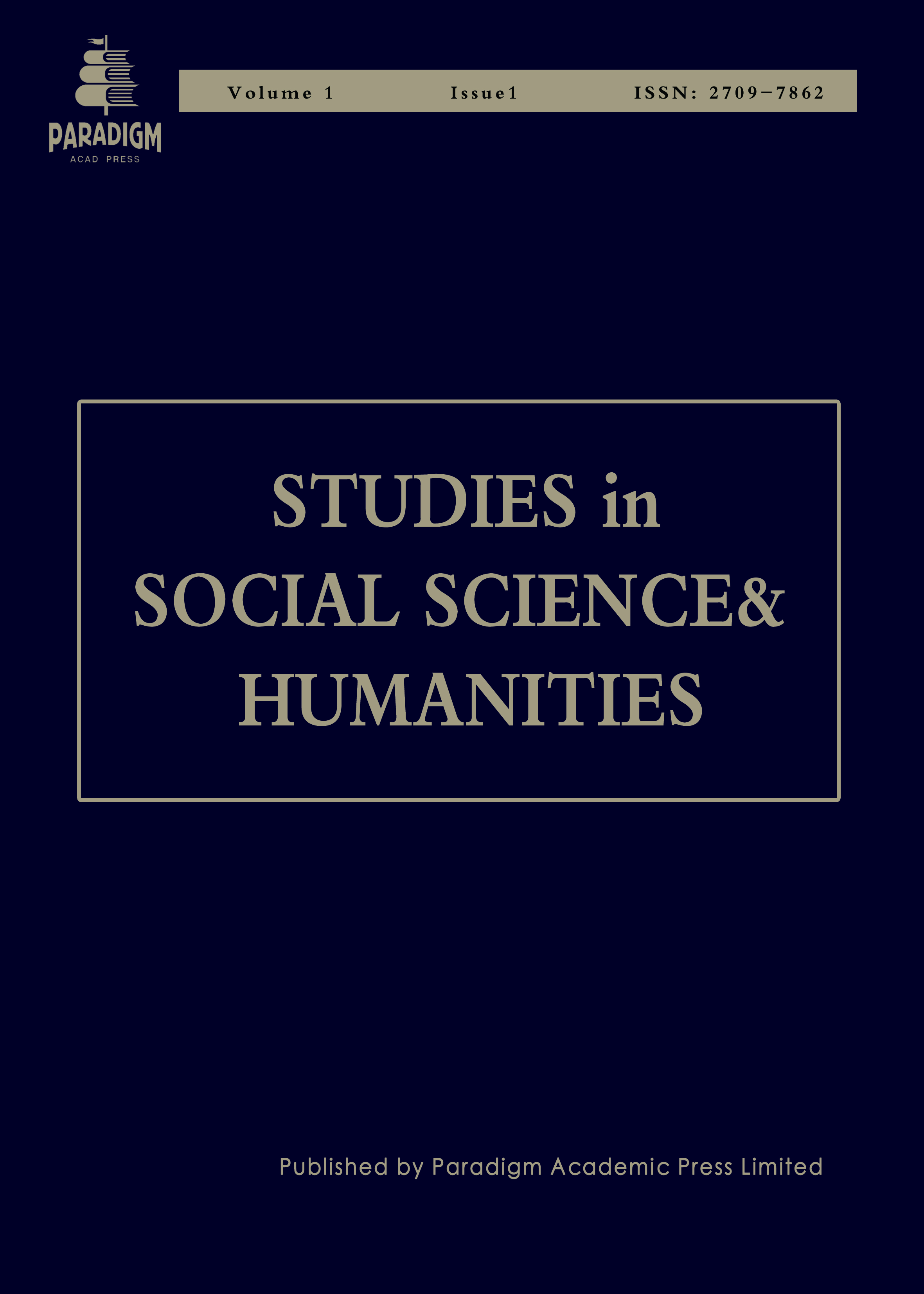Lexical Fossilization in Chinese L2 learners: Analysis from the Cognitive Perspective and Prospect of Future Development
Keywords:
age of onset, L2 learning, lexical fossilization, cognitive aspectsAbstract
As the status of English education has become increasingly higher in China, schools nationwide have started to advance the age of onset of L2 (English) learning because of children’s edge in language acquisition over adults. However, it is found that merely emphasizing age without looking into other aspects that influence the effect of L2 learning is not enough. Fossilization still exists, notably seen in lexical learning. Despite the advance of age of onset of English education, children’s English ability ceases to develop when they reach certain level. Through study of both domestic and foreign literature, this study aims to find other contributors in cognitive aspects by analyzing the causes of lexical fossilization based on the mental representation of L2 lexis and different stages of lexical development. Measures are provided from the perspective of input and output to tackle such problem during language processing, and suggestions are also proposed for educators, hoping that in the future, changes can be made to the content of English material, the form of English exams as well as teaching patterns so as to maximize the effect of L2 learning.


